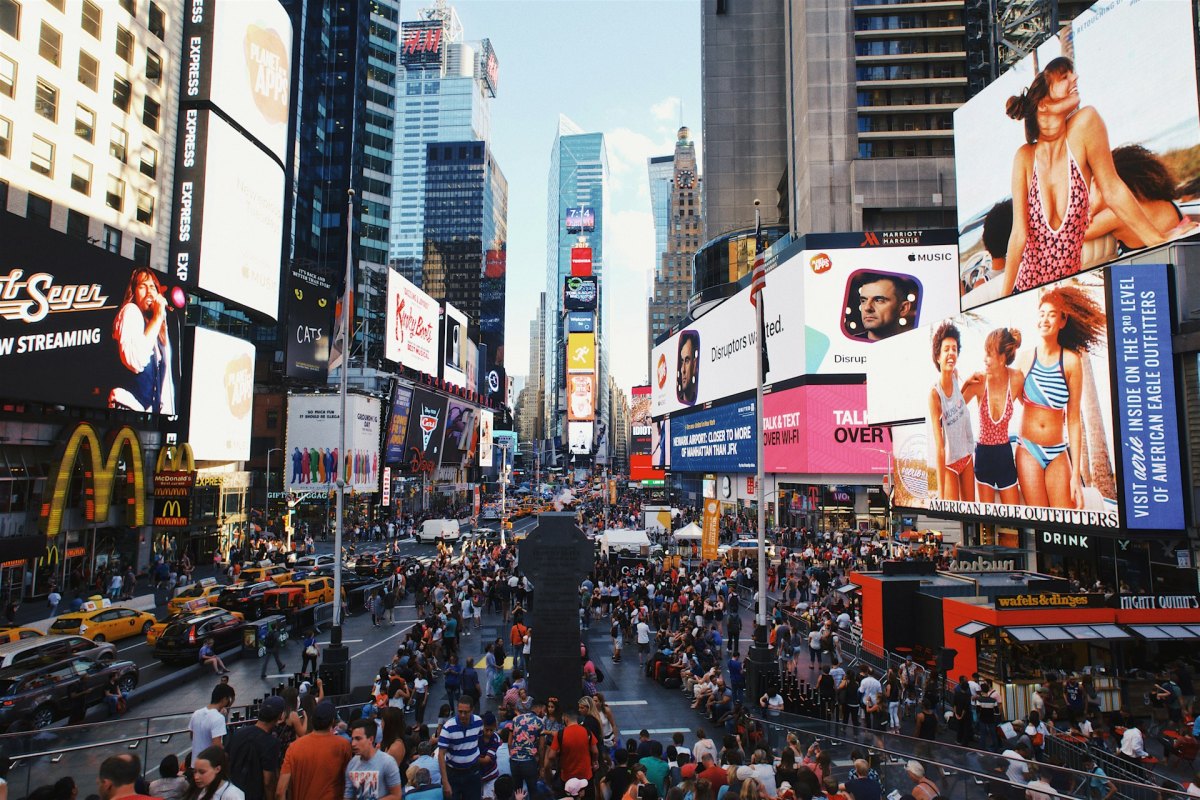There are concrete limits to our clout as consumers and corporate citizens. This means that we can finally get honest about relying on ourselves and creative about relying on each other…
Branding is rife with cliches. If brands enjoy being thought of as ‘authentic’ and ‘empathetic’, organisations enjoy being thought of as ‘collaborative’ and ‘inclusive’. Underlying all of these preferred buzzwords is the assumption that being people-centric and people-focused (both buzzwords in their own right) is a virtue that’s always in vogue. After all, in a world of ever-increasing individualism, who doesn’t like the idea that their preferred brands and their employers of choice are putting them first?
It isn’t just everyday narcissism that’s to blame. To be fair to the narcissists in question (that would be you and me), brands have long been coaxing us to think of them as people who share our deepest values. And corporations have been encouraging us to bring our ‘whole selves’ to the workplace, to express ourselves fully and unabashedly as we work. Democracies have been built on the basis of the power of the people; brands and companies have been quick and persistent in claiming their work is governed by the same principles. This is why the past few weeks have been a rude shock to those of us who assumed that our identities as ‘talent’, shoppers and custodians of social media handles meant that we could wield significant clout and express ourselves without interruptions.
Sunder Pichai, the relatively mild-mannered and affable CEO of Alphabet (and its better-known subsidiary Google), publicly scolded employees for bringing politics to work. Dozens of Google staffers were fired for staging sit-ins at offices and for allegedly disrupting their colleagues’ access to and ability to work. It’s a jarring about-turn for a company once considered to be Big Tech’s most indulgent employer that offered employees everything from free juice bars to laundry pick-ups. College campuses across the U.S., previously perceived as left-leaning havens of noisy discussion and debate, have cracked down on student protests and encampments with different degrees of intensity, ranging from suspensions to police crackdowns.
Across the globe, in the supposedly less contentious realm of pop culture, K-Pop aficionados — members of some of the world’s most influential fandoms — are experiencing the limits to their own power. Spats between HYBE’s (supergroup BTS’ parent company) most senior music executives are spilling over, and negatively impacting both new and established artists and bands. A.R.M.Y. (BTS’ loyal fanbase) sent symbolic funeral wreaths to HYBE to signal their displeasure over how these controversies are being handled.
But symbolism can only take an argument so far. Suits and counter-suits continue to be filed as allegations and counter-allegations fly back and forth between management teams. Ancient allegations and threats of new investigations keep bubbling up. Stans have encountered a problem that Reddit mega-threads and Instagram spats cannot solve.
It seems that people power is encountering very tangible constraints in the form of stubborn structural forces and imperatives
Upsetting as the scenarios might be for individuals who are involved or for those of us who resonate deeply with the issues, it’s an important opportunity to reconsider and reframe our relationships with brands, businesses and each other. Consumerism and advertising have made us complacent. The truth is that most of the brands we claim to ‘love’ and who claim to ‘love us back’ (whether they are products, services or some combination thereof) are actually businesses. They tend to be controlled by corporations who define their primary responsibility as serving shareholders. Even not-for-profit brands (education and cultural institutions come to mind) are created by institutions with their own motives. It’s something incredibly obvious that marketing tends to make obscure.
Understanding this forces us to ask questions about why we use what we use and what it means to hold brands accountable. Once we move past the haziness of ‘shared values’, we can ask brands and businesses, even institutions, to get clear about where and how they add actual value to our lives. The same logic applies to the companies we work for — what exactly are we gaining when we work where we work, and what do we feel ready to offer in return? What trade-offs and compromises are we willing to make, and what does that tell us about ourselves?
The limits to people power also open up questions about what we can effectively accomplish as individuals or as part of larger communities. The ‘digital guillotine’ or ‘digitine’ movement has already been widely discussed, sparking important dialogue about the attention economy and about paying attention as an act of agency. Organising for collective action can take on unexpected and creative forms — rumours are rife that BTS’ most loyal fans are banding together to buy up to 1% of HYBE stock, which would allow them to table issues for discussion at management meetings and influence proceedings from the inside.
Painful as it is, perhaps this reality check has been too long overdue. Ultimately, when we acknowledge that we cannot look to companies, brands, businesses and institutions with agendas for allyship, we are compelled to reach out to and rely on each other.
Featured image: Robert Bye / Unsplash

